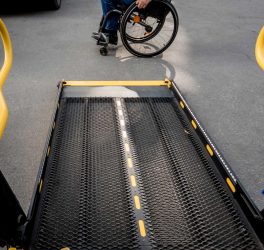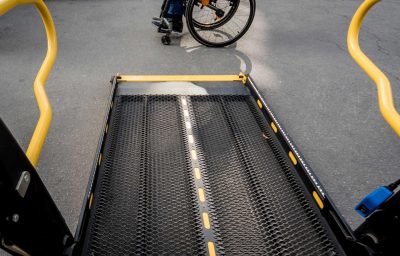
The proposed changes to travel allowances for allied health providers under the NDIS Pricing Arrangements and Price Limits 2025–26 raise serious concerns for rural, regional and remote communities, severely impacting the delivery of essential support services.
Under the proposed changes, providers will face limits on the travel they can claim when supporting participants in harder-to-reach areas. This poses a major threat to clinicians working in rural Australia assisting people with disabilities, where long-distance travel is a necessity, not a choice.
“These changes effectively discriminate against people based on their location of work or home, or mobility challenges,” said National Rural Health Alliance (NRHA) Chief Executive Susi Tegen.
“Clinicians will have no choice but to reduce or cease services to rural areas due to the financial disincentives created by these new pricing arrangements. Rural, regional and remote communities are already facing persistent healthcare access challenges, where service access is well and truly below the urbanaverage, especially in MMM 3-7 regions or towns, which have between 100 to 50,000 people.”
The National Disability Insurance Scheme (NDIS) had only begun to make a difference by supporting more equitable access to allied health and disability services in rural areas. The proposed cuts risk undoing that progress.
“We were just beginning to see apositive momentum. Rather than building on the progress, these changes could reverse it. The government’s good work in extending care and equity could be severely undermined,” Ms Tegen said.
Smaller providers, many of them locally owned businesses employing local staff, will be the hardest hit. Small and medium enterprises play a vital role in maintaining the health and economic wellbeing of rural towns. Faced with tighter margins, many may be forced to close or scale back. This would result in no service or make way for larger, city-based providers who operate at scale but with less local connection or understanding of local context. It will be a revolving door of people who fly/drive-in-fly/drive out with little continuity of care.
“This is not just a health issue. It’s a social and economic one too,” said Ms Tegen. “Removing or reducing viable services from rural towns has ripple effects far beyond healthcare, affecting employment, community resilience, and quality of life.” The NRHA urges the government to reconsider these proposed changes and to consult with rural providers, consumers, and communities to ensure equitable access to disability support, regardless of postcode.








